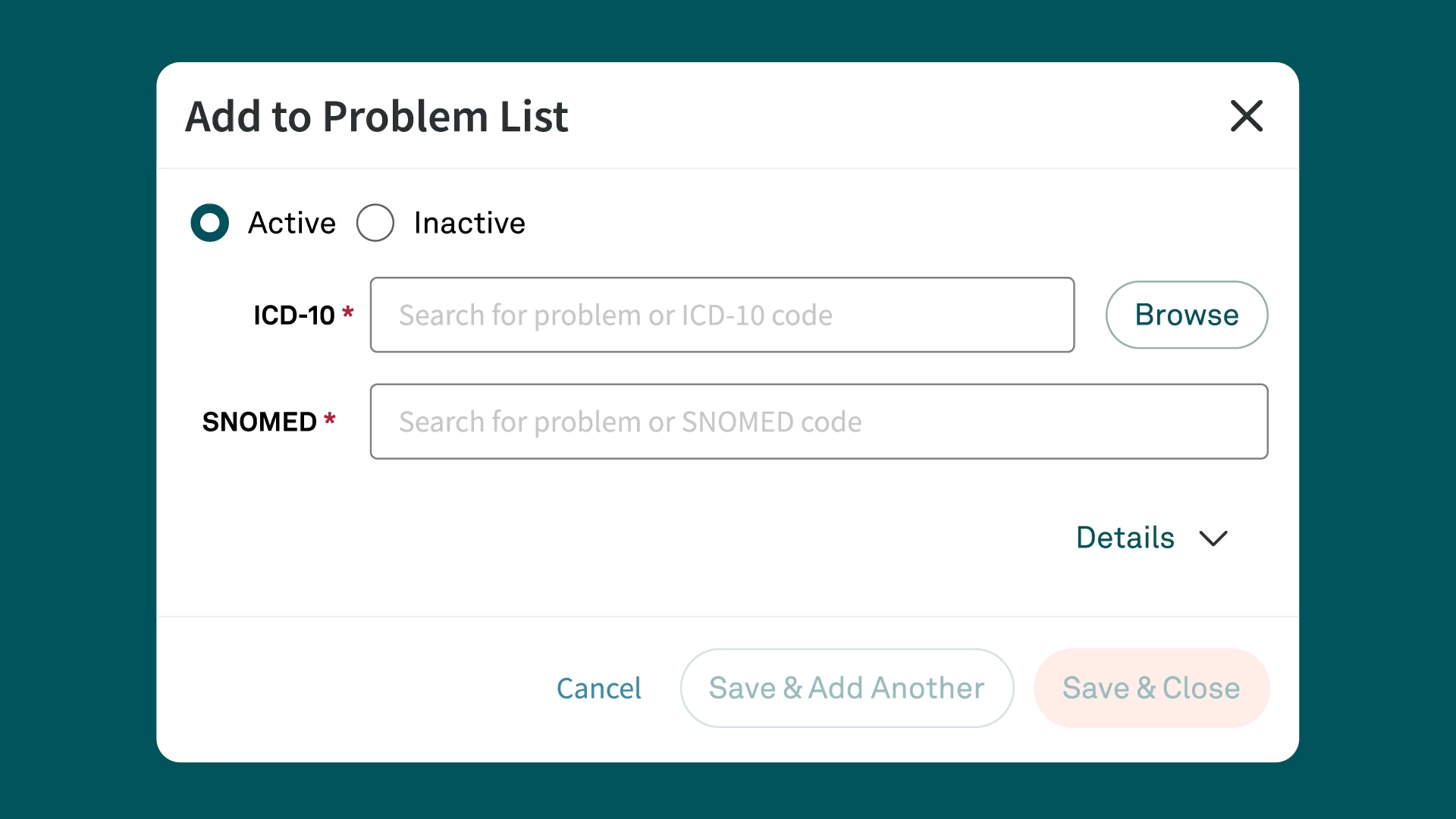ICD-10 Code F03.90
Unspecified dementia, unspecified severity, without behavioral disturbance, psychotic disturbance, mood disturbance, and anxiety
What is the code F03.90?
The code F03.90 is an ICD-10-CM code that stands for "unspecified dementia, unspecified severity, without behavioral disturbance, psychotic disturbance, mood disturbance, and anxiety." Healthcare providers use this code to document cases of dementia where the specific type and severity of dementia is not determined and there are no associated behavioral disturbances.
Detailed description of F03.90
Use the code F03.90 to identify patients suffering from dementia where the type and severity is unspecified and there are no notable behavioral disturbances. Dementia is a chronic or progressive syndrome characterized by a decline in cognitive function, affecting memory, thinking, orientation, comprehension, calculation, learning capacity, language, and judgment. The absence of behavioral disturbances indicates that the patient does not exhibit significant psychological or behavioral symptoms such as aggression, agitation, or psychosis.
Symptoms commonly associated with F03.90
Patients coded with F03.90 generally exhibit the following symptoms:
- Memory loss
- Difficulty in problem-solving or planning
- Confusion about time or place
- Challenges in understanding visual information
- Problems with speaking or writing
- Misplacing things and losing the ability to retrace steps
- Decreased or poor judgment
- Withdrawal from work or social activities
- Changes in mood and personality, such as becoming easily upset, anxious, or depressed
Related and similar ICD-10 codes
Several ICD-10 codes are related to or similar to F03.90, including:
- F03.911: Unspecified dementia, unspecified severity, with agitation
- F01.50: Vascular dementia, unspecifed severity, without behavioral disturbance, psychotic disturbance, mood disturbance, and anxiety
- F02.80: Dementia in other diseases classified elsewhere, unspecified severity, without behavioral disturbance, psychotic disturbance, mood disturbance, and anxiety (manifestation)
- G30.9: Alzheimer's disease, unspecified
These related codes help in differentiating between various types of dementia and their associated behavioral disturbances.
Appropriate usage of F03.90 for billing
When using the code F03.90 for billing purposes, ensure that the documentation accurately reflects the diagnosis. Use this code when:
- The patient has been diagnosed with dementia, but the specific type or severity has not been determined.
- There are no significant behavioral disturbances associated with the dementia.
Instructional notes and/or guidelines with F03.90
When coding with F03.90, follow these specific guidelines:
- Ensure that the diagnosis of unspecified dementia without behavioral disturbance is documented in the patient's medical record.
- Do not use this code if the dementia type is known; instead, use the specific code for that type.
- If behavioral disturbances are present, use the appropriate dementia code that identifies the specific type of behavioral disturbance instead of F03.90.
- Additional documentation from the provider — such as history, examination findings, and any relevant diagnostic tests — would help coders know that the condition affected patient care, treatment, or management. However, it is not required.
Common pitfalls in coding with F03.90
Several common pitfalls can occur when coding with F03.90, including:
- Incorrectly using F03.90 when behavioral disturbances are present; in such cases, use the appropriate dementia code that identifies the specific type of behavioral disturbance.
- Using F03.90 when the type of dementia is known and should be specified with a more precise code.
Key resources for F03.90 coding
For accurate and efficient coding of F03.90, the following resources can be invaluable:
- ICD-10-CM Official Guidelines for Coding and Reporting: These guidelines provide comprehensive instructions for using ICD-10 codes, including F03.90.
- Centers for Medicare & Medicaid Services (CMS): CMS offers a wealth of resources and updates on coding practices, including webinars, manuals, and bulletins.
- Professional coding organizations: Organizations like the American Health Information Management Association (AHIMA) and the American Academy of Professional Coders (AAPC) offer educational resources, certifications, and support for medical coders.
- Coding reference books and software: Reference materials such as the ICD-10-CM codebook can support medical coders and providers.
These resources provide detailed instructions and updates on coding standards and practices.
Conclusion
Use the ICD-10-CM code F03.90 to document "unspecified dementia, unspecified severity, without behavioral disturbances, psychotic disturbance, mood disturbance, and anxiety." Understanding the detailed description, associated symptoms, related codes, appropriate usage, and guidelines help ensure accurate billing and coding. Awareness of common pitfalls and leveraging key resources can enhance the precision and efficiency of coding practices, ultimately supporting better patient care and streamlined healthcare operations.
Simplify ICD-10 code documentation with Tebra
Tebra’s EHR+ gives you quick searches and Systematized Nomenclature of Medicine (SNOMED) field names for efficient code documentation. Plus, Tebra automatically saves ICD-10 to SNOMED mapping for future searches, streamlining your workflow.

Discover how Tebra helps providers effortlessly document health-related issues and conditions in this detailed post.
Similar Codes
Stay Ahead with Expert Healthcare & Billing Insights
Get the latest industry updates, financial tips, and expert strategies — delivered straight to your inbox.
